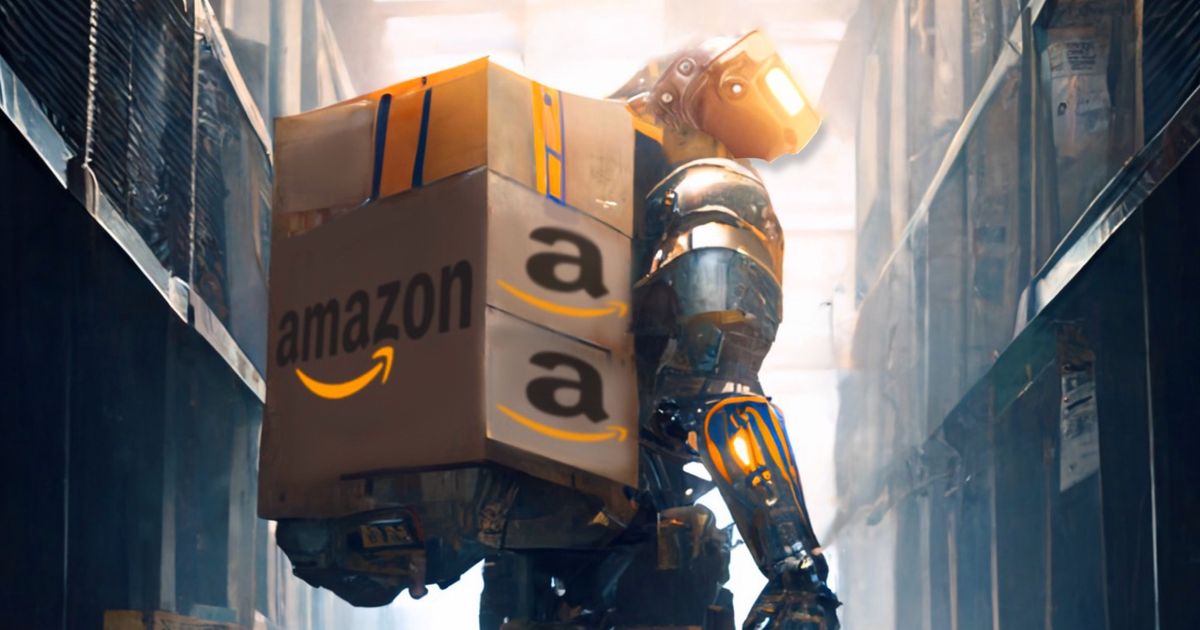Robots are set to outnumber human Amazon workers within the next decade. With Amazon warehouses funnelling through human workers, the massive retailer is keen to add robotic workers to its workforce.
Discussed during CNBC’s Squark Box, ARK Invest CEO Cathie Wood revealed that Amazon will become dependant on robot workers. But what will happen to human employees?
Wood revealed that Amazon is already introducing around 1000 robots into its workforce every day. However, the conglomerate will be quickly replacing its human workers as soon as robotics catch up to their efficiency.
“If you compare the number of robots Amazon has to the number of employees, it’s about a third,” she said. “And we believe that by the year 2030, Amazon can have more robots than employees.”
Since last November, Amazon has introduced almost 500,000 robots into its business. Dubbed Sparrow, company’s robotics platform is able to identify unique products amongst a pile and select packages to be sent. The company believes that Sparrow will only be used to take over repetitive tasks within warehouses.
Over the past few years, Amazon has been criticised for inhumane treatment of human employees. The company has pushed workers to use a proprietary messaging app for work that bans terms like “Union” and “restroom” as workers complain about poor conditions. Furthermore, delivery drivers were forced to use new AI spyware that docked pay for not hitting certain speeds.
While Amazon’s inclusion of robotic workers will reduce poor human working conditions, it will also strip jobs away from real people. With a company as profitable as Amazon, that money could — and should — go towards paying human employees more fairly, as well as treating them better.
At the time of writing, the retail giant has over 1 million employees across the world packing around 13 million packages a day. The company’s sheer popularity has made it one of the largest company’s in the world; it can afford to pay humans fairly. But will it ever stop its expansion of robot packers?






